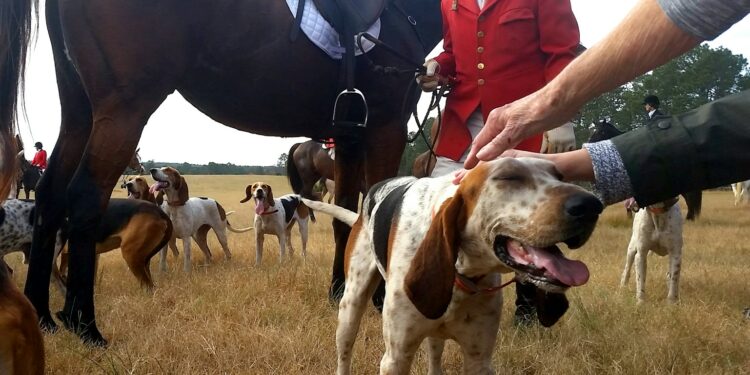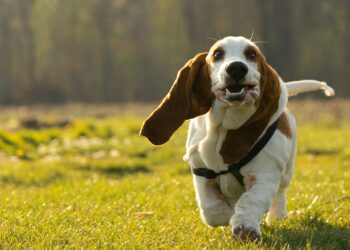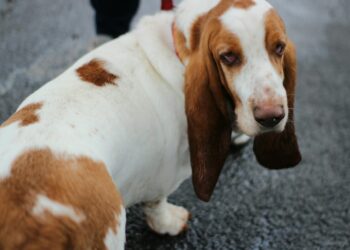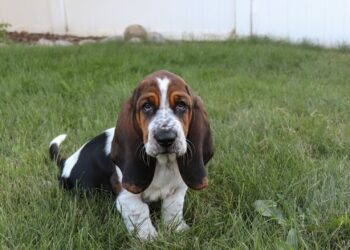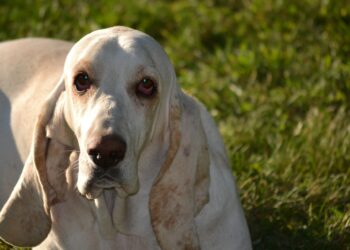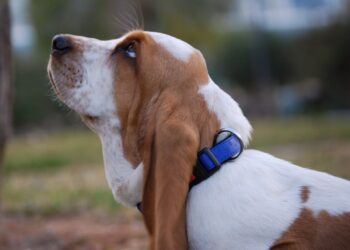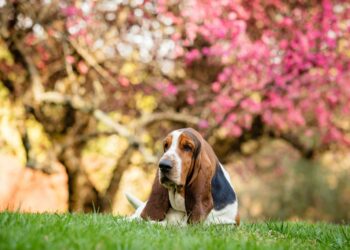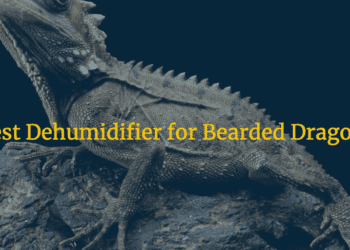Basset Hounds are known for their iconic droopy eyes, long ears, and, of course, their drooling tendencies. While not all Basset Hounds drool excessively, it is a common characteristic of this breed, and potential owners should be prepared for it.
Contents
Why Do Basset Hounds Drool?
Basset Hounds, like many other breeds, drool as a natural response to various stimuli. This drooling can occur due to excitement, anticipation of food, or even just daily life activities. Basset Hounds have abundant loose skin around their neck and lips, which contributes to their propensity for drooling. Their elongated ears also facilitate the accumulation of saliva, which can drip down onto the floor.
Additionally, Basset Hounds have an inherent instinct to find and follow scents using their extraordinary sense of smell. This constant sniffing can lead to drooling, especially when they encounter a particularly enticing aroma that stimulates their salivary glands.
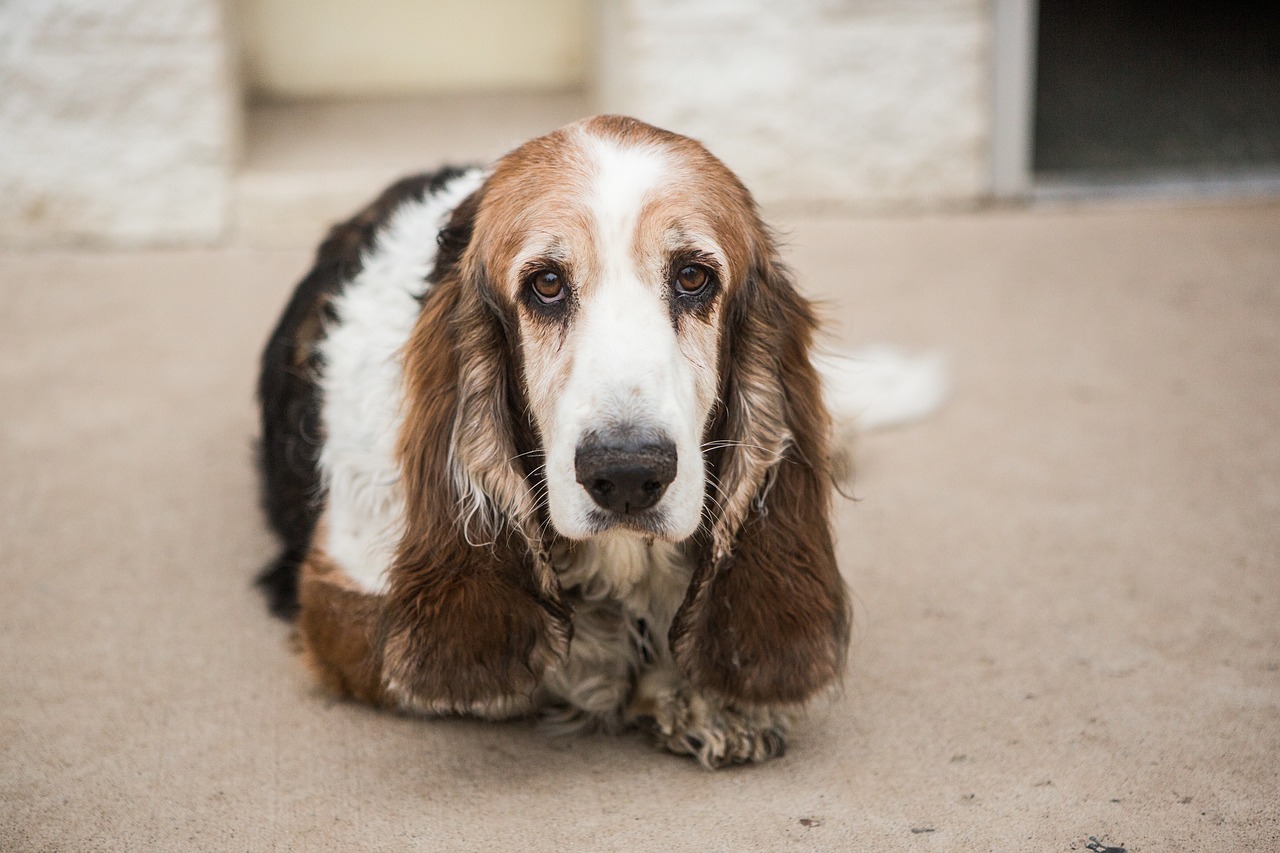
How Much Do Basset Hounds Drool?
The amount of drool produced by a Basset Hound can vary from dog to dog. Some bassets may only have occasional drooling episodes, while others may have a constantly drippy mouth. Factors such as genetics, overall health, and diet can influence the amount of drooling a Basset Hound may experience.
Basset Hounds commonly drool after eating, drinking water, or engaging in physical activities. Stress or anxiety can also trigger excessive drooling in some dogs. It is worth noting that drooling can be exacerbated during hot weather when dogs tend to pant more as a cooling mechanism.
Can You Minimize Basset Hound Drool?
While you can’t eliminate a Basset Hound’s drooling, there are some measures you can take to minimize it:
- Keep a clean and absorbent towel or cloth handy to wipe their mouth when they drool.
- Avoid feeding your Basset Hound directly before or after activities when drooling is more likely to occur.
- Make sure your Basset Hound has access to fresh water at all times. Proper hydration can reduce drooling associated with thirst.
- Consult with your veterinarian about your Basset Hound’s diet. Sometimes, certain foods can trigger excessive drooling.
- Regularly clean the excess drool from their ears to prevent skin irritation and infections.
FAQs (Frequently Asked Questions)
Q: Are all Basset Hounds heavy droolers?
A: No, not all Basset Hounds are heavy droolers. While it is a common characteristic of the breed, the amount of drooling can vary between individual dogs.
Q: Can excessive drooling be a sign of health issues in Basset Hounds?
A: Yes, excessive drooling can sometimes indicate dental problems, mouth infections, or medical conditions. If you notice a sudden increase in drooling or any accompanying symptoms, it is advisable to consult a veterinarian.
Q: Will neutering or spaying my Basset Hound reduce their drooling?
A: Neutering or spaying your Basset Hound will not directly impact their drooling habits. However, these procedures can help prevent certain reproductive-related health issues that may indirectly affect drooling.
Q: Is it necessary to clean my Basset Hound’s ears regularly due to their drooling?
A: Yes, regular ear cleaning is recommended for Basset Hounds, especially due to their drooling tendencies. Cleaning their ears helps prevent microbial growth, discomfort, and potential infections associated with trapped moisture.
Q: Can training reduce a Basset Hound’s drooling?
A: While training can help manage some aspects of a Basset Hound’s behavior, drooling is primarily a physiological response. Training can help prevent excessive drooling triggered by certain situations or stimuli, but it may not significantly reduce drooling altogether.
More:


